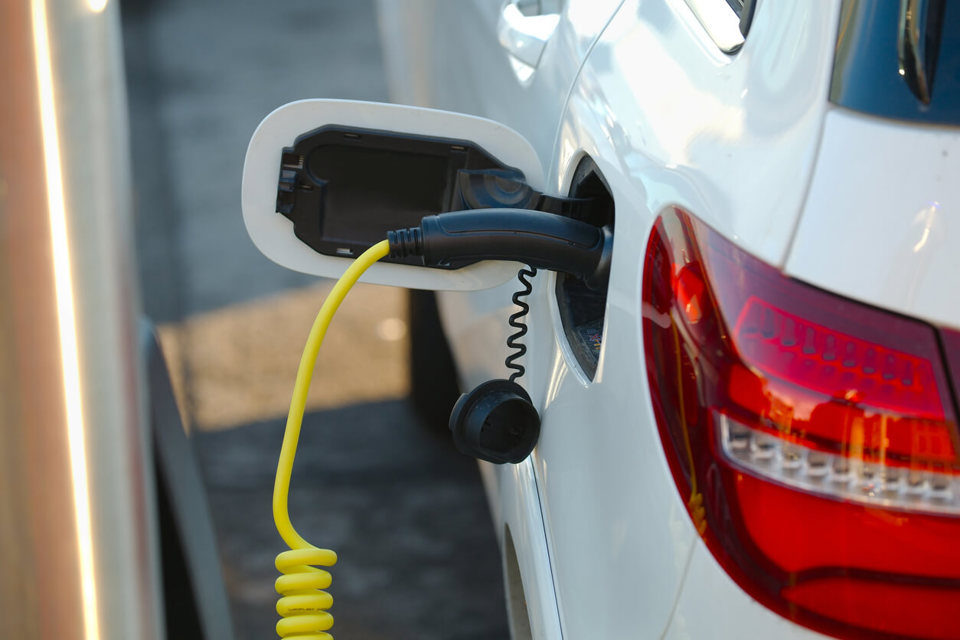CFC Solutions believes that there is a danger that businesses will treat the first EVs they operate almost as environmentally-friendly novelties, when what they need to do is learn about their operational and financial benefits and limitations as soon as possible.
Neville Briggs, managing director at CFC, said: “Early adopters of electric cars and vans are likely to be organisations that have a strong environmental bias and are making a corporate statement by being among the first customers.
“However, fleet managers must ensure that these vehicles are not treated as novelties. Rather they are transport assets like any other that a company may own or lease. They should be subject to the same kind of managerial scrutiny with accurate information gathering about their performance and cost with regular reporting taking place.
“In fact, because the technology behind these vehicles is new to almost everyone in the fleet industry, the level of attention should exceed that of a normal car or van. Fleet managers should be learning everything they can about the real world range of these vehicles, charging speeds and cost, effects of driving styles and maintenance regimes.”
Vehicles such as the Nissan Leaf, Mitsubishi iMiEV, Peugeot Ion and a range of models from Renault are all expected to start to find a home on fleets during the next 12 months, aided by a £5,000 Government subsidy.
Briggs continued: “In the medium-long term, concerns about CO2 and pollution in general may mean that the future of the company car and van as the business transport tool of choice will depend on EVs becoming part of the fleet mix, so employers need to learn to manage them effectively.
“Operationally, the big challenge is range. With current battery technology, a practical range of around 100 miles per charge seems to be the norm followed by at least a three hour and possibly overnight charge. This makes them suitable for some fleet applications but not for others. Managers need to identify which.”
Briggs agrees with industry opinion that residual values for EVs need to be competitive in order for them to compete effectively in the fleet market.
He said: “The other limitations of electric cars and vans, such as range, can be managed by many fleets to a certain degree and are partially offset by advantages such as lower maintenance costs. However, if the financial argument for EVs is weak – and RVs are the big unknown factor here – they will never become common on fleets.”
For this reason, Briggs supports calls made by Glass’s, among others, for batteries to be leased separately from vehicles, at least until the technology is proven.
He said: “Batteries are the big unknown factor when it comes to predicting RVs. They will become less effective as they age but there is a question mark over how quickly and to what extent. Leasing them separately from the vehicle will contain that risk.”

















Login to comment
Comments
No comments have been made yet.